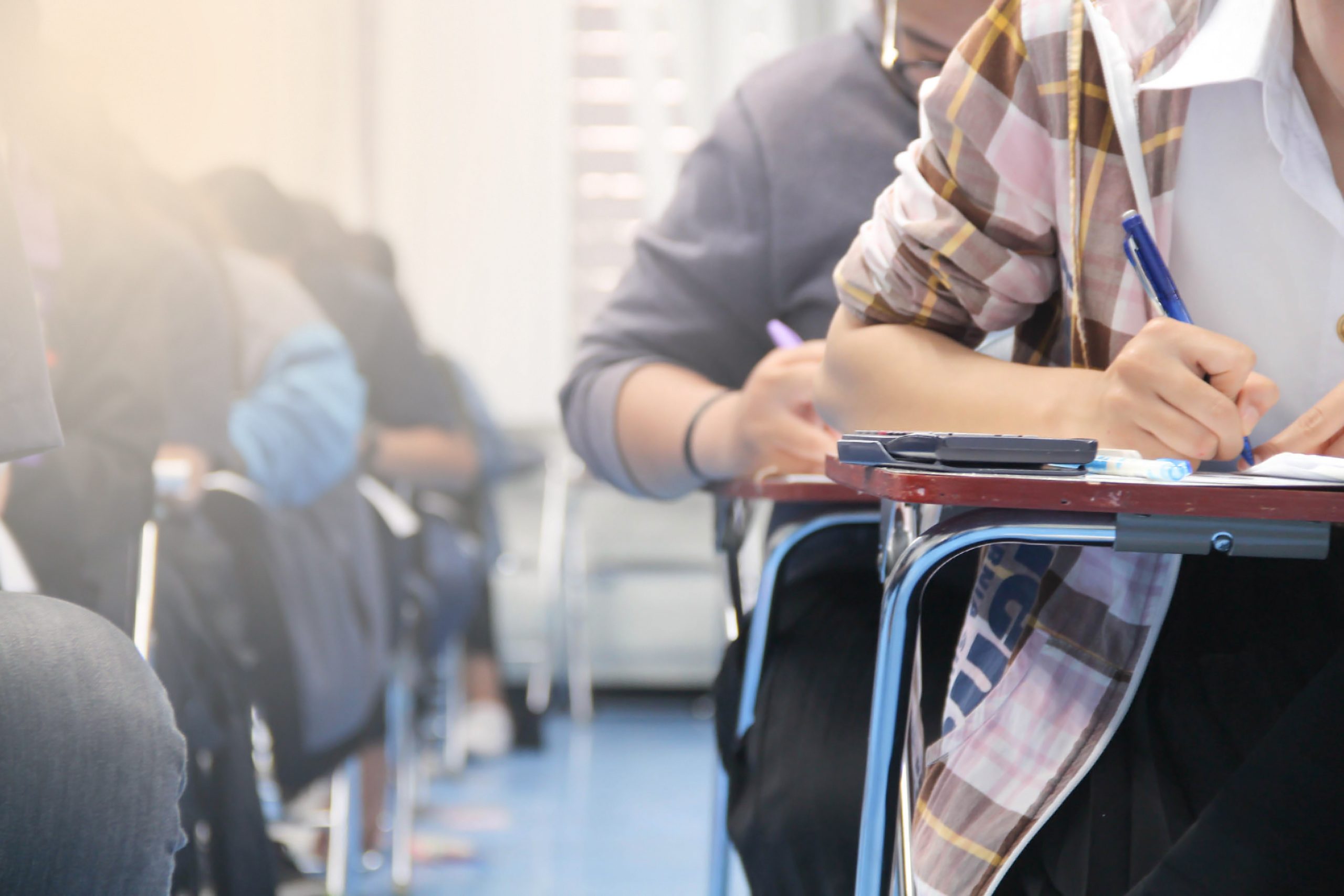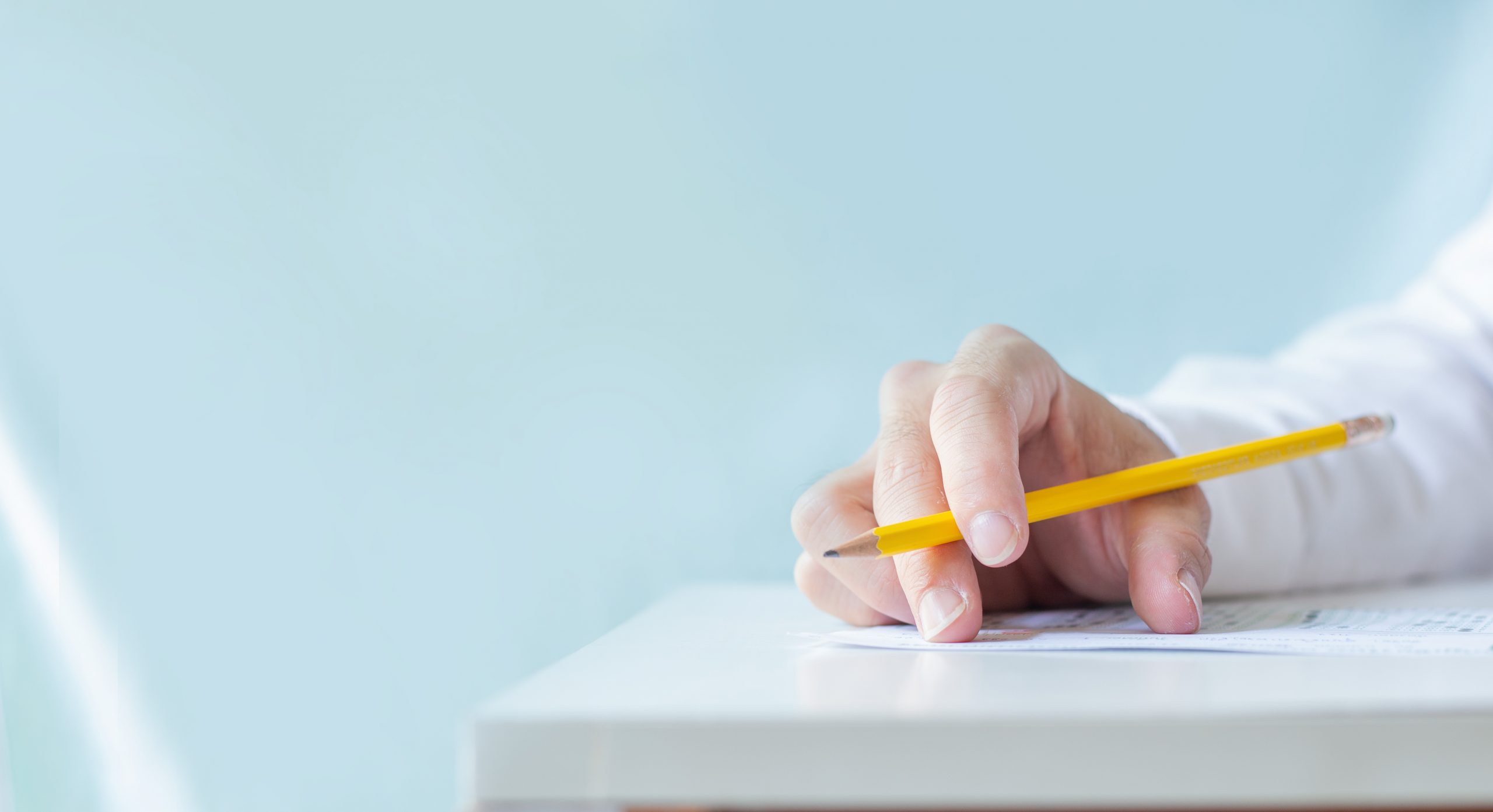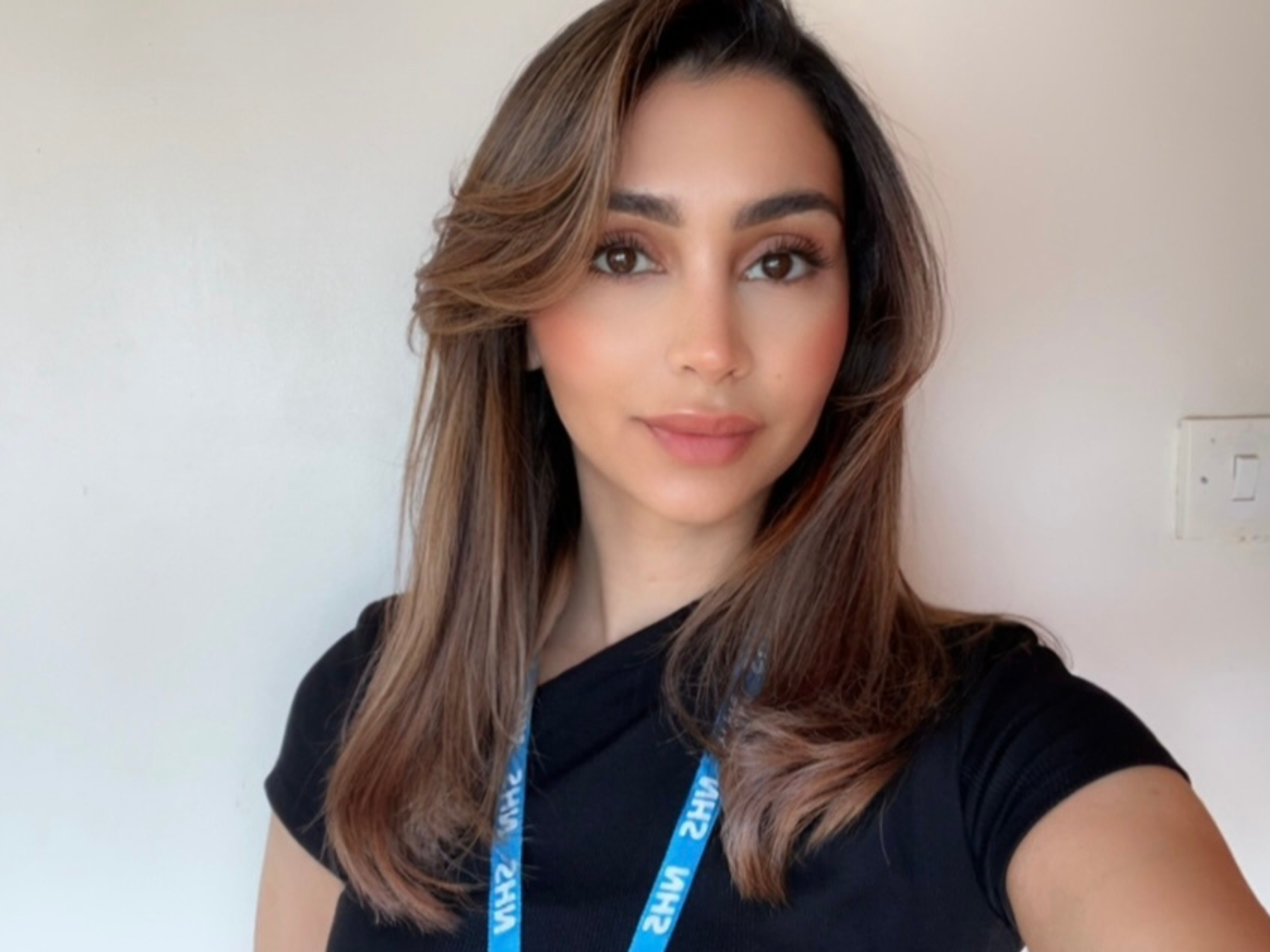
Sitting the GPhC assessment
This page gives information and advice about everything you need to do to be ready for the registration assessment.

Vivien Yu shares how she picked herself up after failing the trainee assessment.
Vivien Yu is a recently qualified pharmacist working in community pharmacy. In this short story, she shares how she picked herself up after failing the trainee assessment.
I’ve always been a stressor when it comes to exams. Throughout university I would much prefer an assignment or project. My skin would always show how stressed I was, even if I didn’t feel it at the time. Dermatology ended up trying every lotion, potion and therapy before they put me onto ciclosporin and now methotrexate to control my skin flare ups.
It was no different to how stressed I was getting in the lead up to the registration assessment. Except the idea of this exam felt so much worse; I thought failing the exam would be the worst thing possible.
I failed my first attempt at the registration exam with 20/40 for my calculations. I found out whilst I was on holiday, which I recommend doing as the distraction of being abroad really did work to help put everything into perspective! Of course, I still phoned my mum crying; I thought she would be so disappointed, instead she was upset for me because she knew how much I studied and worked for this exam. However, it wasn’t really a shock after I had complained how much I had struggled with the calculations paper.
At the time I felt so lonely because I thought everyone around me had passed the registration exam first time and that I was alone in having to go through it again. So, I took to Twitter and posted my unsuccessful results. This turned out to be such a good thing for me. It took the pressure off on me having to message people about my fail, as most people saw it on social media. I was also flooded with support and advice from the pharmacy community and my friends, and other trainee pharmacists messaged me to say that they too were unsuccessful with the exam and felt like they could message me as I had posted publicly about my unsuccessful result. These people turned into a wonderful support system too!
It took me a long time to be able to pick myself back up and get back into the mindset of studying again. I ended up travelling some more before going back to work a few days a week in September.
I knew my downfall was my calculations and I still felt confident in my clinical knowledge for the exam. Subsequently starting from scratch felt like the best way forward. I went back to the calculation basics by going through the introduction to calcs book. I went through pharmacy calculation exercises and then moved onto questions on revision sites. I challenged myself with doing at least 40 calculation questions a day under timed conditions, even after a work day. I moved onto doing a calculation past paper a day until the exam whilst also reading and consolidating through my clinical notes. One day something clicked and I started to actually enjoy doing my calculation questions because I started to find them easy.
Luckily, I had a lot of help on the way. If I was stuck on a calculation question, everyone was willing to help me try solve the answer. I was in WhatsApp groups with other unsuccessful trainees set up by the PDA and Pharmaeducate. We had Zoom calls with the other trainees, which was a nice support network and if anyone had a question there were loads of people available to answer.
On the day, I ended up flying through the calculation paper as I panicked and thought I was running out of time. Except this time I was confident in my approach and my technique. I eventually had over an hour spare to go through the paper again and double check I hadn’t made any silly mistakes.
If it doesn’t go your way: be upset, reset and aim to smash it the next time!
The 6th of December came and I ended up passing with 36/40 for my calculations. I video called my work colleagues crying … but with tears of happiness this time. It was a massive relief to see the pass sign at the top of the GPhC notification.
From my experience, my advice would be to start doing questions as early as you can. Even if you feel like you haven’t revised everything or learnt it all, just start! You will never know absolutely everything in the BNF and after a while the questions start to become quite familiar. If you’re not sure on a question or how to get the answer, just ask! Ask me, ask a friend or ask your tutor. If you don’t know now, it means you have time to learn it before the exam.
Failing my first attempt wasn’t the end of the world, even if it felt like it at the time. I went onto travel, qualify as a pharmacist and in time I was invited to parliament to represent women in pharmacy.
If you’re about to take your assessment, good luck! If it doesn’t go your way: be upset, reset and aim to smash it the next time.
For further guidance and information about getting mentally prepared for the assessment, sign up to our Wellbeing Learning Platform. You'll find lots of free training workshops, including 'How to Get Mentally Prepared for the Assessment'.

This page gives information and advice about everything you need to do to be ready for the registration assessment.

Lots of people can experience stress when preparing for and sitting exams. Here is some information and links to resources to help you before and during the registration assessment.

Laura Sile shares her experience dealing with assessment "failure" and her journey to fully qualified pharmacist.